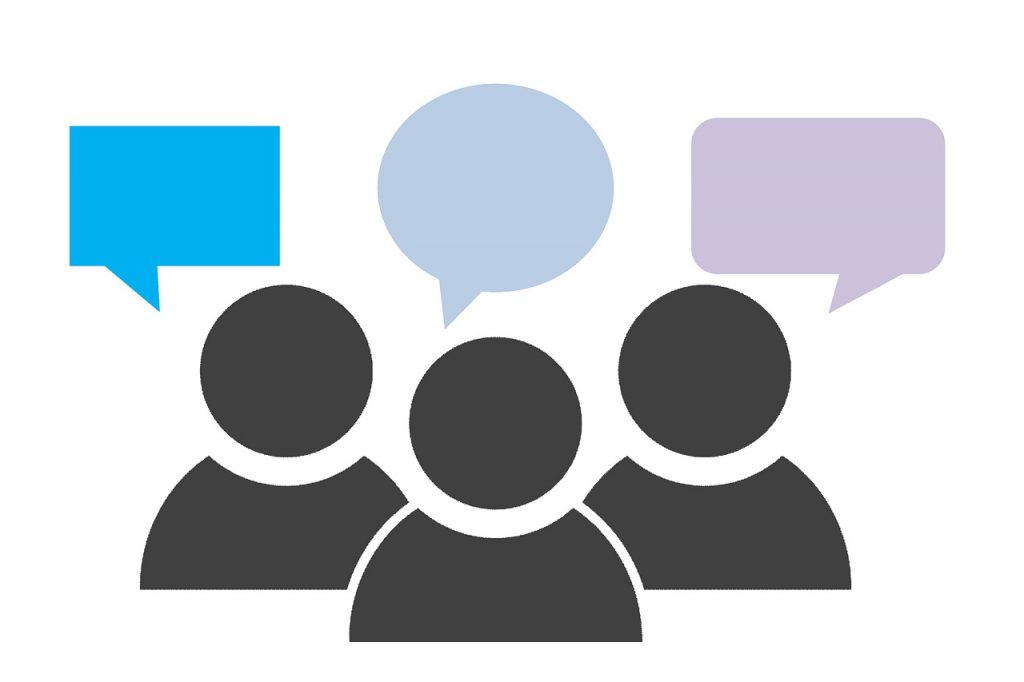In a recent clinical trial for an immune cell therapy for lymphoma, 62% of patients experienced complete cancer clearance – in spite of the fact that some of them were on their 5th line of treatment. Stem cell therapies have the potential to enact more of these paradigm-shifting treatments. Proposition 14 will continue to advance these therapies and bring them to full development as available cures.
The vision of stem cell therapy is that a physician can just as easily grab an IV bag full of therapeutic cells as they might draw a drug into a syringe. Conceived through Proposition 71 in 2004, the California Institute for Regenerative Medicine (CIRM) serves as a vehicle to support all aspects of stem cell research. Medical progress requires not just well-designed clinical studies but also a well-trained workforce, educated at the intersection of stem cell biology, engineering, and chemistry.
Since 2008, CIRM has supported the training of nearly 1300 Community College and California State University students for the emerging field of Regenerative Medicine through the Bridges to Stem Cell Research and Therapy Program. The Bridges Training Program has functioned as a pathway for first-generation and underrepresented students from Humboldt to San Diego, to all of the biomedical sectors – startup and cell therapy companies, academic research institutes, graduate and medical school, and more. Exposure to hands-on labs, advanced seminar discussions, and a required paid internship fully prepares these students for entering the stem cell workforce. Over 80% of Bridges alumni have either advanced to graduate school or joined the biomedical workforce in industry or academic institutions. These Programs bring a greater return than the initial cost of training.
Consider Vahid Hamzeinejad, a bright high school student, headed to UC Berkeley to begin his college career. Enter the Great Recession; Vahid found himself back at home, working non-stop to help keep his parents’ restaurant afloat. Not giving up on his commitment to an education, he enrolled at the College of the Canyons. After completing an Associate’s degree, Vahid transferred to Cal Poly, hoping to join the Bridges Program. After receiving the Bridges core training, Vahid started his internship at ViaCyte, where he continues to work today, as a critical member of the team supporting ViaCyte’s clinical development of a functional cure for diabetes. The nearly $30 billion that California currently spends on diabetes treatments could be significantly reduced, in no small part due to the efforts of a student that cost taxpayers $36,000 to educate. That is before considering the benefit to patients’ quality of life that would occur by replacing insulin pumps, glucose monitors, and constant vigilance with a stem-cell-derived tissue that regulates blood sugar levels biologically – making and secreting its own insulin.
Passing Proposition 14 will enable this and other unparalleled treatments for diabetes, heart disease, cancer, and neurological disorders.
Signed,
Robert Kam and the CIRM Bridges Program
